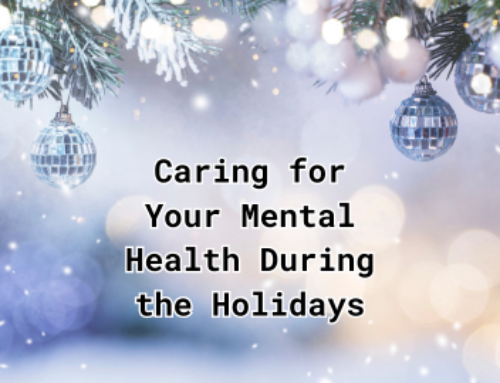Undercover Agony
Eating disorders are some of the most insidious mental illnesses out there. They affect millions of adults and children and have a high rate of harm associated with them. Most people diagnosed with an eating disorder are women and girls, but this is not necessarily because they are more common among females. The medical community theorizes that eating disorders are enormously under-diagnosed in men and boys. We hope that advances in treatment and social development will reduce stigma and empower more people of all genders to get professional treatment.
A Terrible Team
Eating disorders are commonly co-morbid with depressive and anxiety disorders. What is an eating disorder and how are they co-morbid with depression and other depressive and anxiety-related disorders? There are several types of eating disorders, sorted by the behavior associated with them. Many sufferers will experience symptoms and display behaviors of more than disorder. A physician may diagnose them with an unspecified eating disorder. Some major types of eating disorders are:
- People with anorexia have a strong aversion to food as they fear weight gain. They do not eat enough to maintain a healthy weight, and many become dangerously underweight.
- This is a period of bingeing followed by purging, whether by vomiting, laxatives, restriction/fasting, or any combination.
- Healthy eating can be taken too far, to the point where sufferers practice extreme restriction. They may also tax their bodies with excessive exercise.
- Binge Eating Disorder (BED). Sufferers go through phases where they are compelled to eat large amounts of food, sometimes to the point of sickness. They often report feeling out of control during a binge and not caring about what they eat.
Comorbidities
Unfortunately, eating disorders rarely act alone. When paired with other mental disorders, each problem will exacerbate the other.
- Major Depressive Disorder (MDD) and other depressive disorders. People with eating disorders commonly have very low self-worth and may believe that their disorder is a way to better themselves, or penance for their imperfection.
- Anxiety disorders. Sufferers of eating disorders typically develop an obsession with perfection which no one can live up to.
- PTSD and trauma-related difficulties. Abuse is a major trigger for eating disorders, especially in children. Abuse victims may no longer accept their body or have a need to feel like they have regained control, or even a desire to punish themselves for perceived weakness.
Paths to a Healthier Place
Humans’ relationship with food is linked to some of our most primal instincts, and reframing that can be very difficult. Fortunately, there is an array of options available for treatment. One approach is cognitive behavioral therapy (CBT). This is a method that reframes the situation and sets new standards and goals that will serve the person instead of hurting them. Medication is another possibility and proves most effective when paired with another method or methods of treatment. Talk therapy and support groups are also good options when fighting an eating disorder.
If you or a loved one are suffering from an eating disorder, we recommend first talking with your physician. Click here for options on contacting the National Eating Disorders Association.




